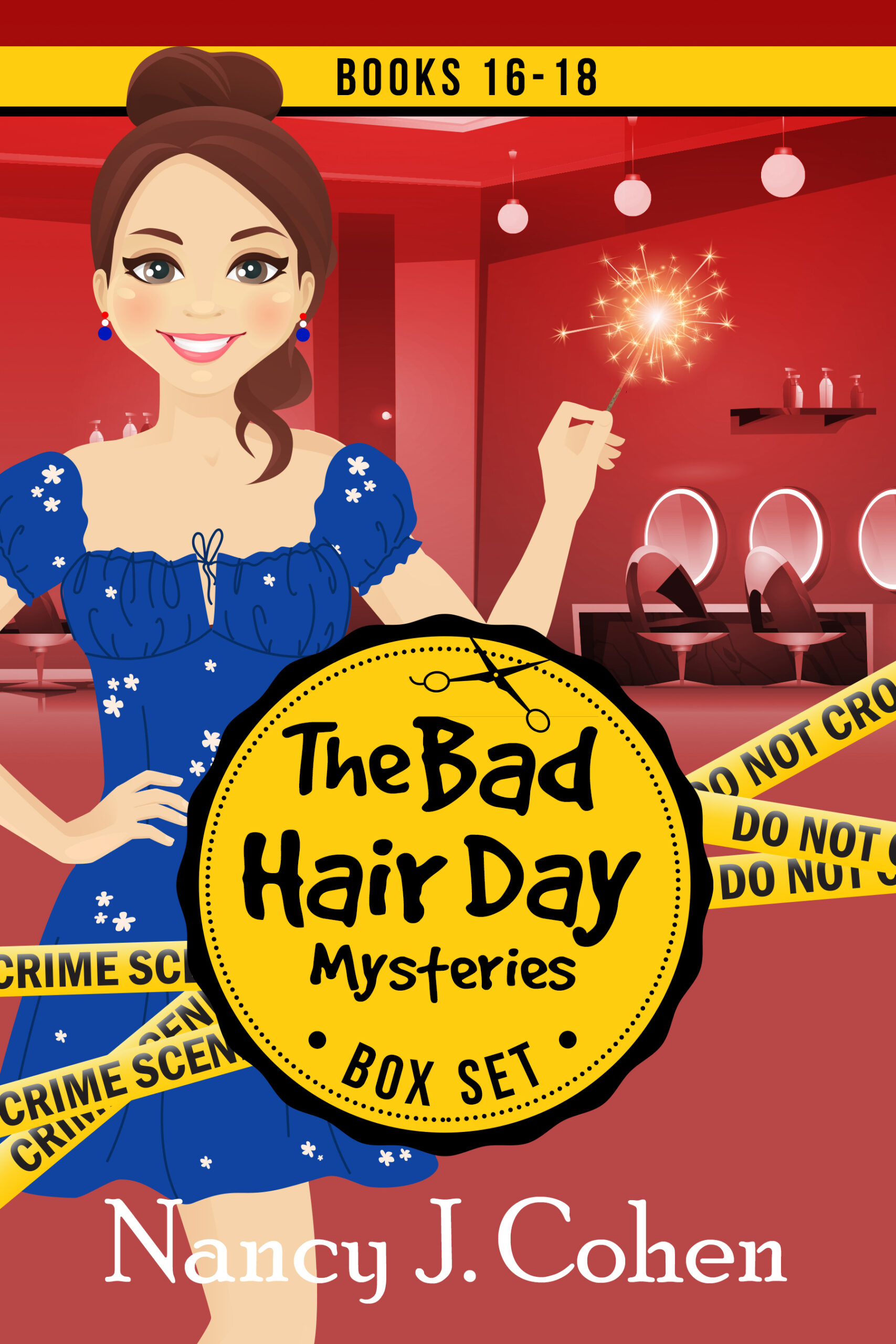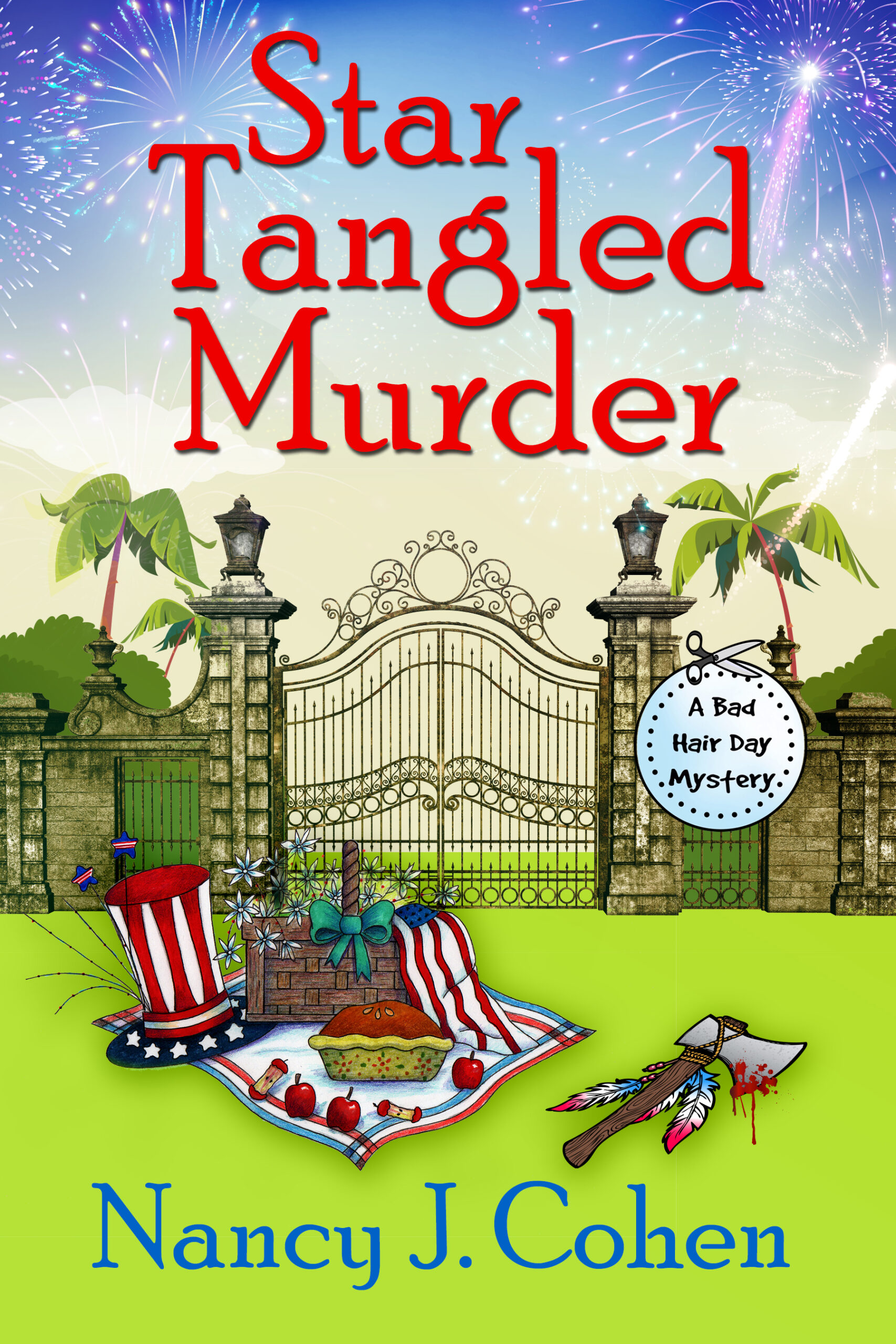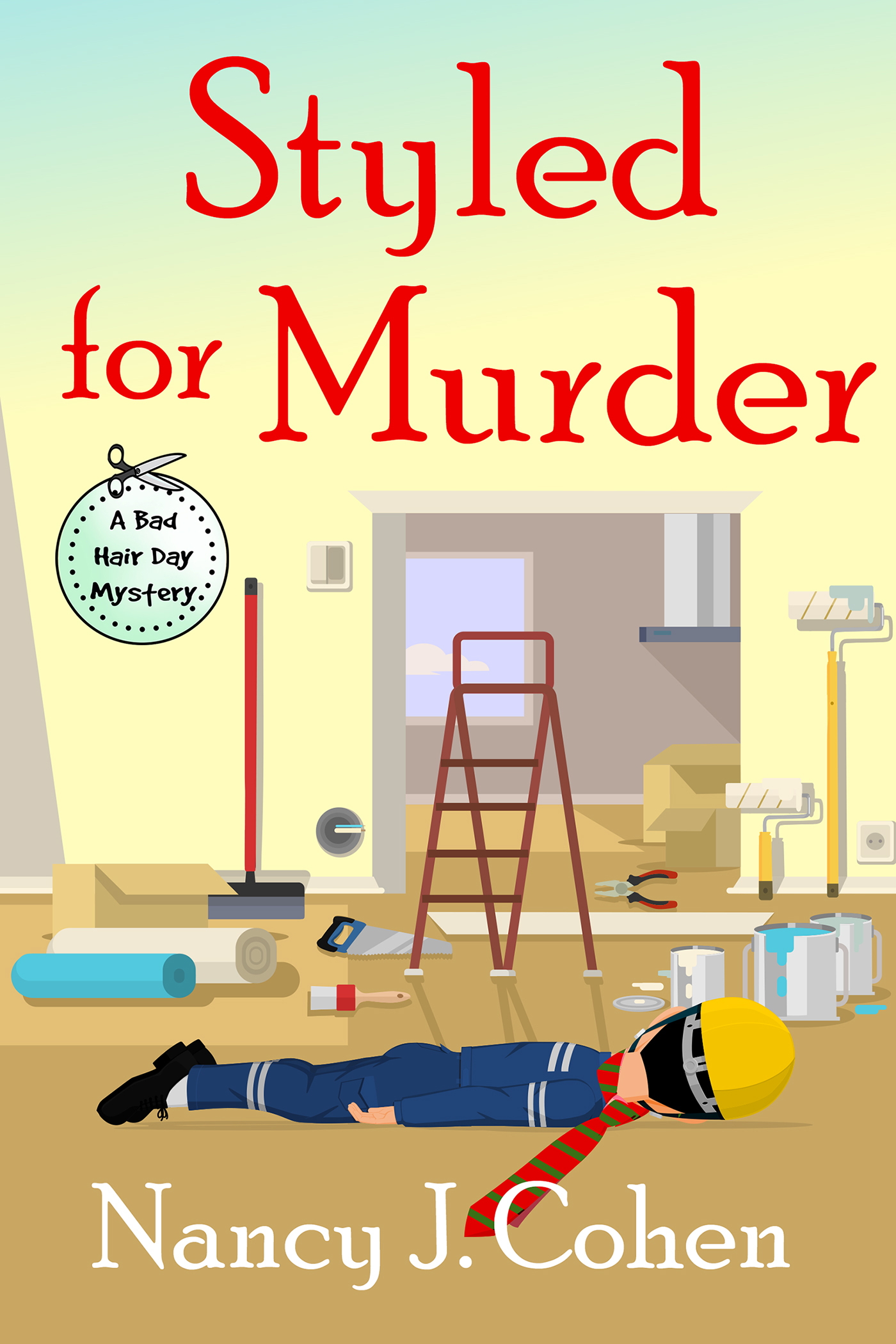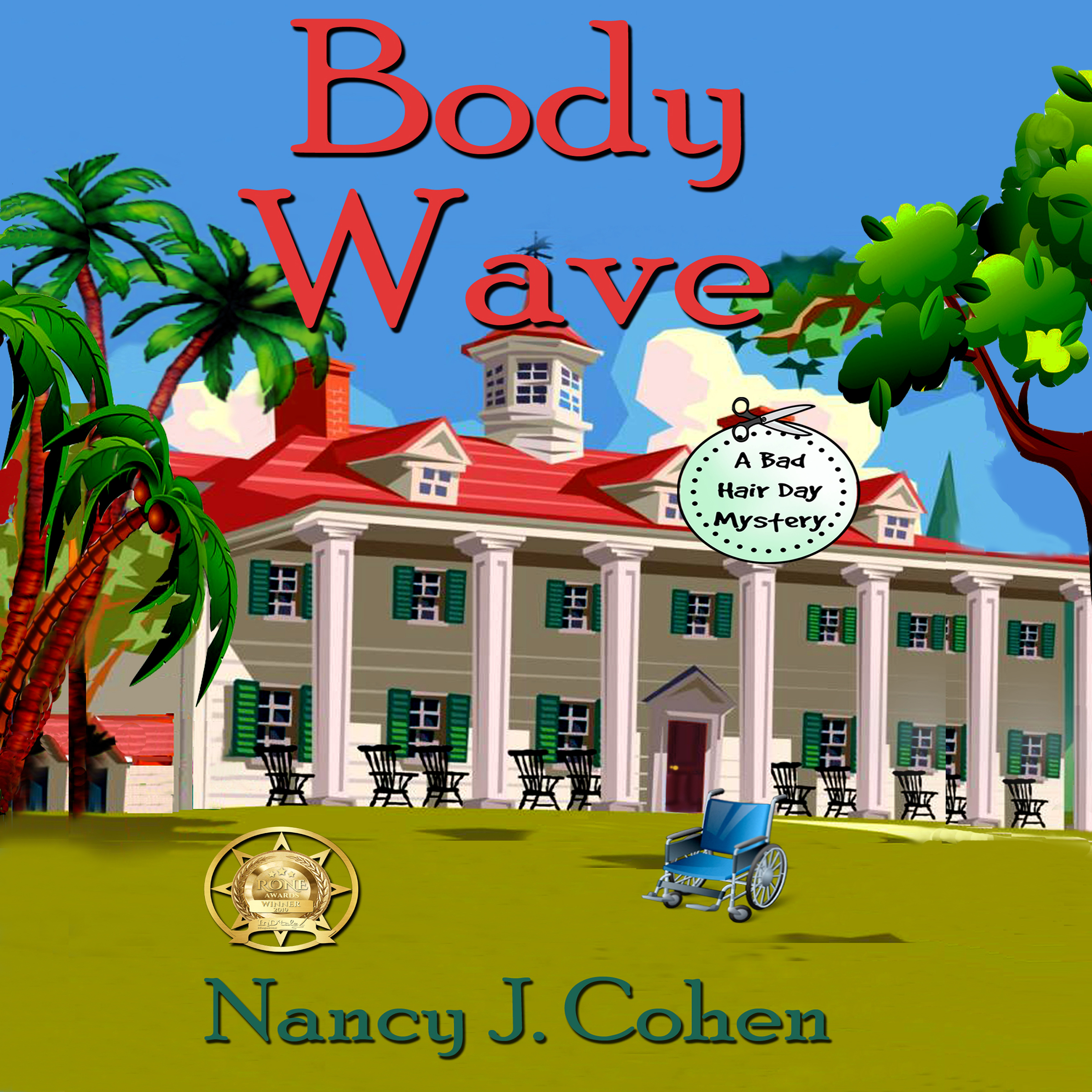In discussing the mystery genre, writers often mention how crime fiction reflects the current state of our society. Morality in mysteries is another important consideration. What are the lessons learned by the protagonist, and in extension, by our readers? Personally, I don’t give heavy thought to these notions when I write a novel. Mostly I aim to entertain. My goal in writing the cozy mystery is to help you escape from reality and enjoy a fun, lighthearted tale. But could there be a morality lesson buried in our stories upon a closer look?
In the earlier Bad Hair Day Mysteries, my hairstylist sleuth seeks redemption for a past mistake. When Marla was nineteen and babysitting a toddler, the child accidently drowned in a backyard pool. I meant to educate readers about this preventable tragedy. Guilt drives Marla and motivates her to solve the crime in Permed to Death. When she meets handsome Detective Dalton Vail, this guilt prohibits her from progressing in their relationship. He has a teenage daughter, and she doesn’t want children. She has to forgive herself before she can move on in life. She volunteers for the Child Drowning Prevention Coalition and helps solve murders to bring justice to victims. This is how she atones for what happened and remembers she has a good heart.
Lesson One — You can move on from past mistakes and be a better person.
As Marla and Dalton grow closer, Marla comes to care for his daughter, Brianna. Their relationship still has its bumps, because Dalton also has some emotional baggage to cast away before he can move ahead. But finally, by Shear Murder, Marla has accepted that she’s stronger with Dalton and he realizes that she completes him.
Lesson Two — Finding love can strengthen you, not cause loss of independence or self-identity.
But Marla is still nervous. As their nuptials approach, she buries herself in solving another case rather than face wedding details and bickering relatives. Finally, she finds the courage to accept her new family with enthusiasm and love. She sheds her fears and looks forward to a new tomorrow.
Lesson Three — We need to accept who we are to ensure a brighter future.
These moral lessons resonate because they’re universal truths. Mostly, the morals in my stories involve the sleuth as she learns to appreciate the meaning of family. The focus is not on the criminal mind or what effect the crime has on the victim’s survivors. Cozy mysteries focus on the sleuth and her life. In this way, her character growth issues reflect the problems we face in the real world.
That’s why I like reading cozies, too. They’re about someone like you or me who is a lot braver and who has the guts to chase down the bad guys. Along the way, we live vicariously in the sleuth’s world and enjoy seeing her relationships grow and change.
Morality in Mysteries #amwriting #crimefiction Share on XHow about you? Do you determine a theme ahead of time, or does it emerge from your writing as you develop the story? Do your tales focus on the criminal’s motivations and the repercussions of the crime, or more on the sleuth’s life in general?
GIVEAWAY
Enter Here to win a free book from Booklover’s Bench.
2 thoughts on “Morality in Mysteries”
Comments are closed.

























Morality in Mysteries: Great topic. I read every word and loved it. i’d love to hear more, particularly about mysteries that aren’t so cozy.
Thanks so much, Barbara. I think all crime stories have lessons for us to learn, whether they focus on the sleuth, detective or criminal. Readers may discern these truths where we can’t see them as the writer.